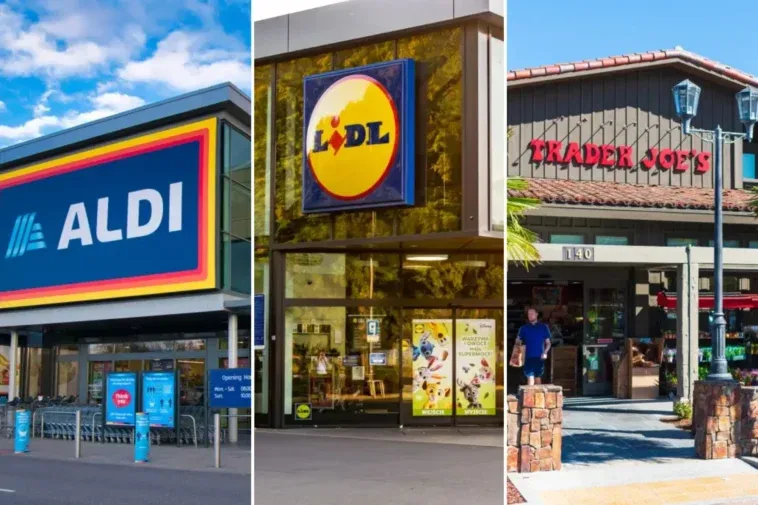(New York Post) Food costs are eating up a larger portion of the average American budget than at any other other time during the last thirty years, according to the Agriculture Department — not that the average American budget keeper needed a fresh set of data to remind them of the fresh hell we’re all living in now.
Don’t believe it’s that bad out there? Go on, see for yourself — hold your breath and walk the aisles of your typical grocery store, where you’ll see that the prices can sometimes be double what they were just a few short years ago, to the point where you may leave wondering how these stores stay in business — especially since there are so many other options out there.
A new study from BravoDeal, a discount shopping information clearinghouse, aims to highlight the best of those options, showing that American supermarkets are created far from equal, certainly in terms of price.
Using the data science platform Kaggle, researchers compiled a list of popular grocery items, from milk, bread and eggs to chicken breast and laundry detergent, and tested some of the country’s largest and most popular grocery brands to see how little — or how much — it would cost to fulfill the same shopping list, Eat This, Not That! first reported.
And no — Costco didn’t make the top 10. But a handful of other cult-favorite stores — some you may not even be shopping at, yet — did. Read on for the ranking, beginning with the most affordable.
The 10 cheapest major grocery store chains in America
Aldi
Everyone in Europe is shopping at Aldi — why aren’t we? With a presence in the Midwest for decades, this German staple has over time become a coast-to-coast favorite with buyers on a budget. And no wonder — researchers pulled the requisite 12 items here for just $43.48, well below most of the competition. Aldi earned nods for the cheapest prices for bread ($1.29 for a loaf) and eggs (12 pack, $1.71) of any store included in the survey.
Lidl
Europeans who aren’t shopping at Aldi may very well be shopping at this other increasingly global cut-price brand based in Germany, where researchers said that besides Aldi’s impressive egg and bread wins, the prices of every other item in their basket ($54.24, total) was the cheapest they found everywhere. East Coast shoppers already know about Lidl, and that increasingly includes NYC residents — the Apple already has a sprinkling of these no-nonsense stores, with many more to come.
Trader Joe’s
The pride of Southern California, this quirky chain selling mostly its own brands. Own brands that can never seem to open up enough locations to please fans performed remarkably well in the BravoDeal survey, with a basket of everyday goodies costing $60.58. Researchers were particularly impressed with the low cost of a loaf of bread ($1.99) and a tub of crunchy peanut butter ($2.49).
Albertson’s
This rather large West Coast chain is more likely to be considered part of the food price hike problem than the solution — the FTC is currently suing to stop a planned merger with Kroger over cost inflation fears, for example — but the survey was rather complementary, thanks to a basket price of $63.18 — not much worse than the far more fashionable Trader Joe’s.
Walmart
While not entirely immune to the whims and fancies of this current spate of inflation, America’s largest retailer manages to keep prices feeling fairly everyday, at least in the grocery department — a basket here cost $64.98.
Target
The Minneapolis-based big box retailer’s grocery section has its share of detractors, thanks in part to a typically pitiful selection of fresh — but for many pantry staples it can be a considerable bargain, even if the basket cost is definitely starting to climb ($65.38).
Kroger
You may be shopping at a Kroger and not even know it — the Cincinnati-based grandaddy of grocery chains operates under a host of brands from coast to coast, and the fact is, at almost all of those brands, prices are up — $65.78 for the basket.













